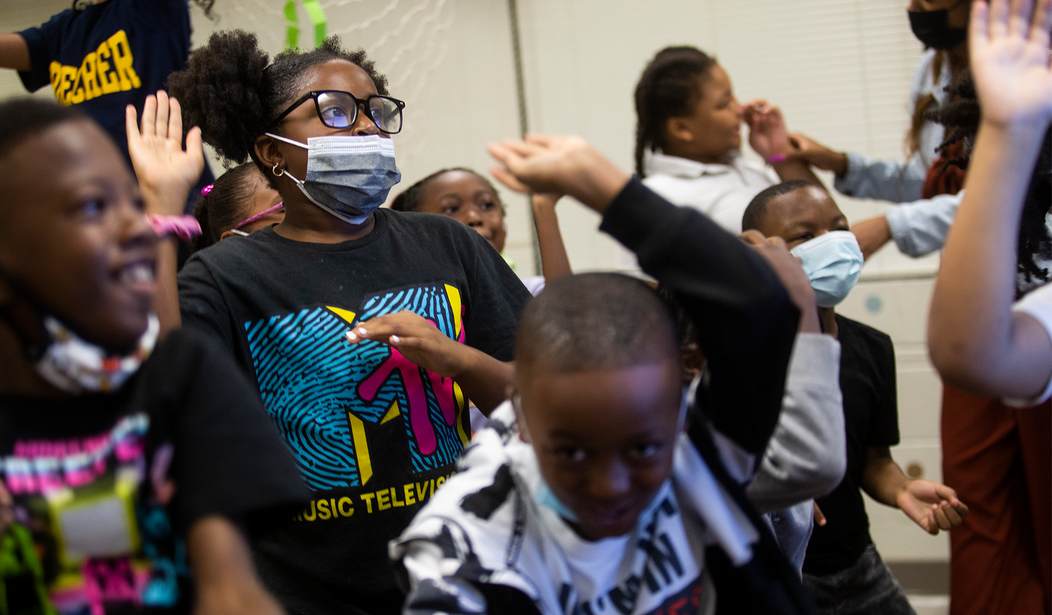This story is about yet another progressive initiative that sounds helpful on the surface but, in reality, will cause more harm than good. Bias response systems have been employed at a number of major universities across the country, but now, they are being increasingly used in K-12 schools, which could cause a myriad of problems.
Parents Defending Education (PDE), a parental rights advocacy group, published a report noting that about 115 K-12 school districts across the United States have begun using these programs ostensibly to address problems related to bigotry among school staff and the student body. While seeming beneficial on the surface, a closer look shows that there are a slew of issues that could arise from such a system.
For those who are unfamiliar, a bias response system is a program allowing students to report incidents in which bias against a member of certain groups is displayed:
A bias response, or reporting system, is a means in which students and staff, and sometimes the community, can report incidents of bias or biased actions perpetrated against an individual or group. While definitions can vary among institutions, according to Edwin O. Smith High School in Connecticut, a “bias-related incident” is an “incident that negatively targets, intimidates, or threatens an individual or group due to race, ethnicity, ancestry, national origin, religion, gender, sexual orientation, gender identity or expression, age, physical, mental, and intellectual disabilities, as well as past/present history of mental disorders.”
As part of the bias response system, many schools have in place specific individuals or teams that become involved in the process of both preventative and responsive actions. These actions can include counseling, remediation, restorative justice, or more punitive consequences.
Through these programs, schools empower students to report incidents such as acts of racism, bias, sexism, microaggressions, and various types of “phobias.” Most would agree that these things are unacceptable, as bigotry is largely frowned upon in the United States. However, the subjective nature of such things could cause serious problems to arise.
For starters, what constitutes a “microaggression?" How can parents and students be sure the systems will not be weaponized against people based on personal vendettas or innocent misunderstandings? The progressive approach to these matters has shown to be rather haphazard in its application. The leftist view of bigotry is far more expansive than what the rest of the population might understand. Indeed, almost any opinion these people disagree with is often labeled as prejudiced or bigoted.
From a free speech perspective, it is not difficult to see how pernicious such a system might become. It could create an environment in which students and staff self-censor out of fear that they might inadvertently say something that could be taken as biased – whether it is or isn’t.
Even further, systems such as these promote an overreliance on authority. It teaches children that the first thing they should do when confronted with someone who is behaving in an offensive manner is to report them to the authorities instead of learning to deal with it themselves. Indeed, as a black child, I was on the receiving end of racial epithets frequently in my youth. While it certainly wasn’t pleasant, it would never have occurred to me to run to the teacher whenever this happened. I learned to deal with it on my own. In fact, having a healthy response to these types of behaviors is something that should be instilled in children by their parents, not government-run schools.
In essence, these systems could be used to benefit children. But in reality, they probably won’t be. The negative consequences will far outweigh any perceived benefit. If we want to address bigotry, there are certainly better ways than encouraging people to snitch on one another whenever they are offended.














